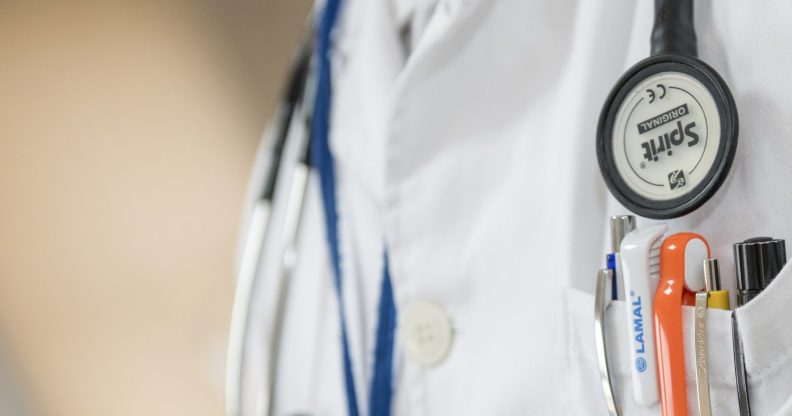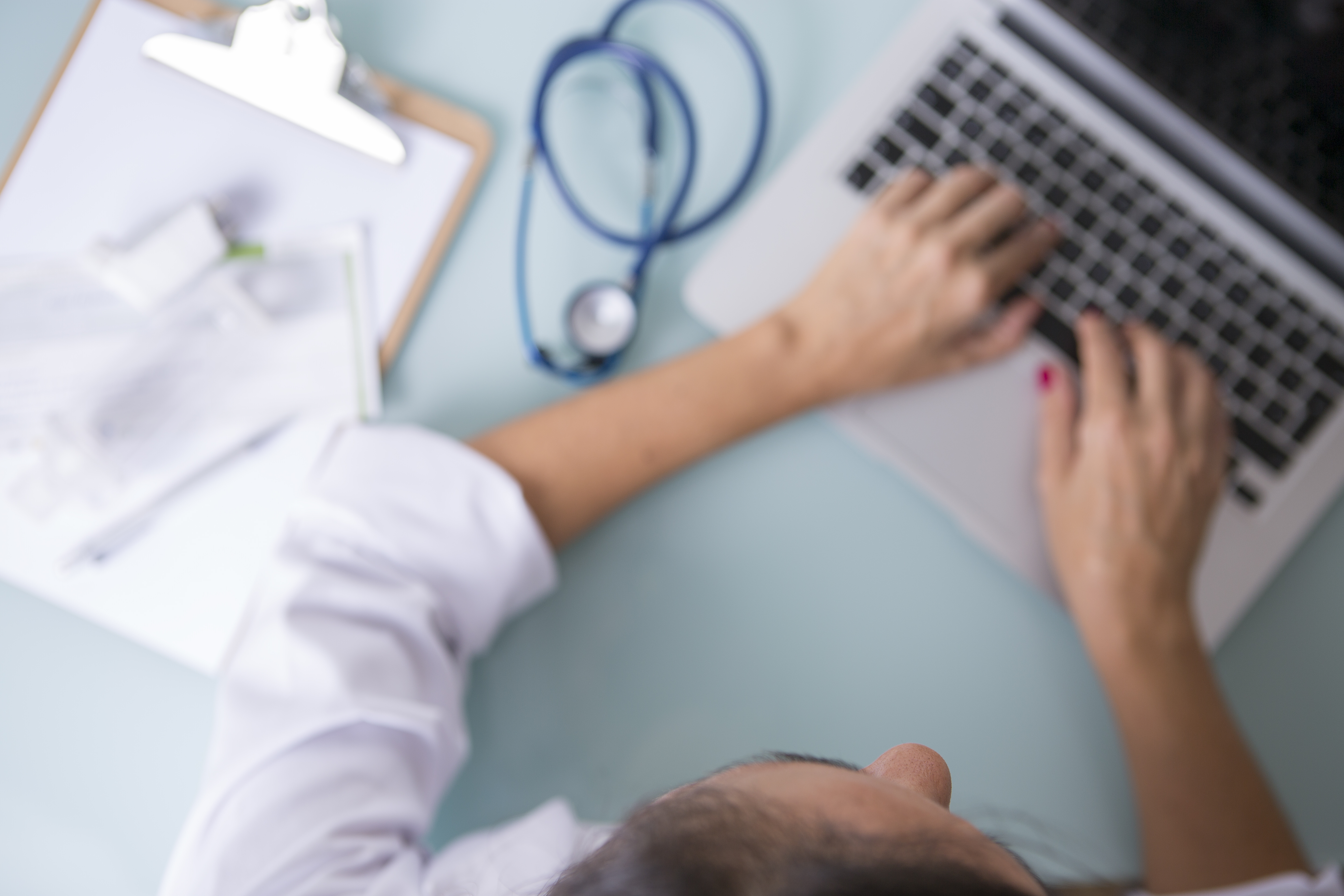Gay medical student claims work would be simpler if she were heterosexual

The anonymous medical student struggles with disclosing her sexuality to patients. (Creative Commons)
A gay UK medical student has said that her work would be “simpler” if she were heterosexual.
The student, in her sixth and final year of medical school, wrote in The Guardian that building patient-doctor relationships is difficult when she must “run the very real risk of encountering homophobia”.
She wrote: “Forming a human connection with people under your care, especially those who are older or prone to loneliness, is essential in building a trusting patient-doctor relationship…
“I’m asked if I have a husband, a boyfriend, children, or plans to marry someone soon.
“It’s hard to explain how it feels. A knot forms in my stomach and I choke on my words. Usually I end up denying the existence of my partner, who is one of the most important people in my life.”
Having heard patients make negative comments about LGBT+ family members, coupled with the surge in hate crimes in England and Wales, makes her even more nervous to disclose her sexuality at work.
She also worries about the fact that female doctors are often asked to perform gynaecological examinations “because we assume it may have less sexual or intimidating connotations than a man”, concerned that in that situation it’s wrong to withhold her orientation.

A colleague once told the medical student she was “going to hell.” (Envato)
The gay medical student said they are not taught enough about LGBT+ health.
Coming out to colleagues has also posed problems for the medical student, who said that fellow student once told her she “was going to hell”.
However, she said that LGBT+ medical professionals being open about their gender identity or sexual orientation is an important part of making LGBT+ patients feel safe and accepted.
She said medical schools are working on incorporating LGBT+ health into the curriculum, for example learning to ask about a patient’s pronouns, but that it’s not enough.
“At my university, there is currently a single afternoon of teaching on transgender health issues, and the rest of the curriculum proceeds in a completely heteronormative manner – assuming all couples are male-female, all children have a mum and a dad, and that everyone’s pronouns are she or he,” she said.
“Talking about these issues will create a generation of future doctors who are ready to be allies of the LGBT community.
“My wish is that in 10 years, we won’t have to worry about asking these questions anymore. We’ll just have to worry about being good, kind and safe doctors.”

